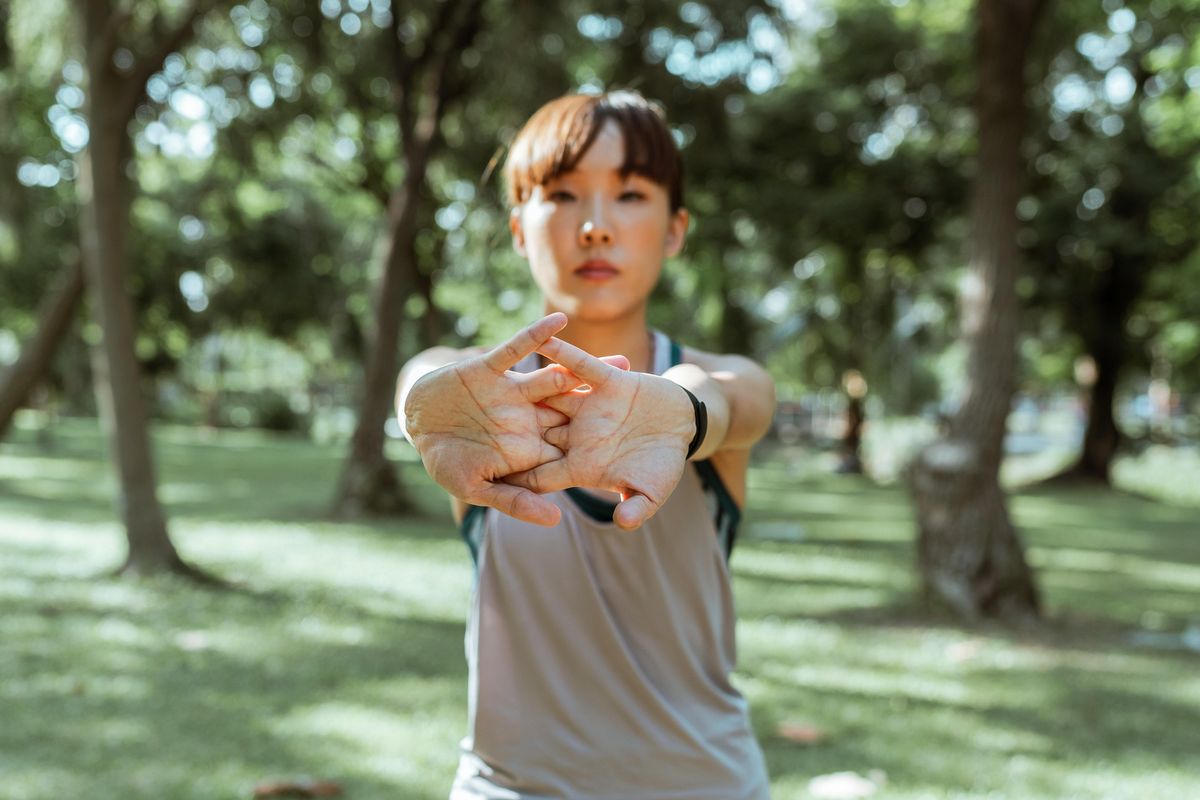
When Muscle Cramps Strike
10 tips for dealing with the grip of a cramp and avoiding future ones
Sep 16, 2009
Mar 22, 2022
Your Wellness
Learn about our editorial policies

You might be swimming laps, striding on an elliptical machine or even sleeping. Suddenly, you feel an intense, painful contraction in your calf or foot. You have a muscle cramp, and your exercise session or peaceful rest has just been involuntarily interrupted.
The pain of a cramp can grip you for just a few seconds up to 15 minutes or longer. Your affected muscle may get hard or bulge and remain feeling sore for hours after that.
There are lots of myths about cramps, in part because medical science still can't explain exactly what causes them. Muscle fatigue, dehydration and prolonged sitting are among the possible triggers. Some people are especially prone to muscle cramps, including endurance athletes, older people and those receiving hemodialysis treatments.
You can recover more quickly from the grip of a cramp and possibly even avoid future ones with these tips: